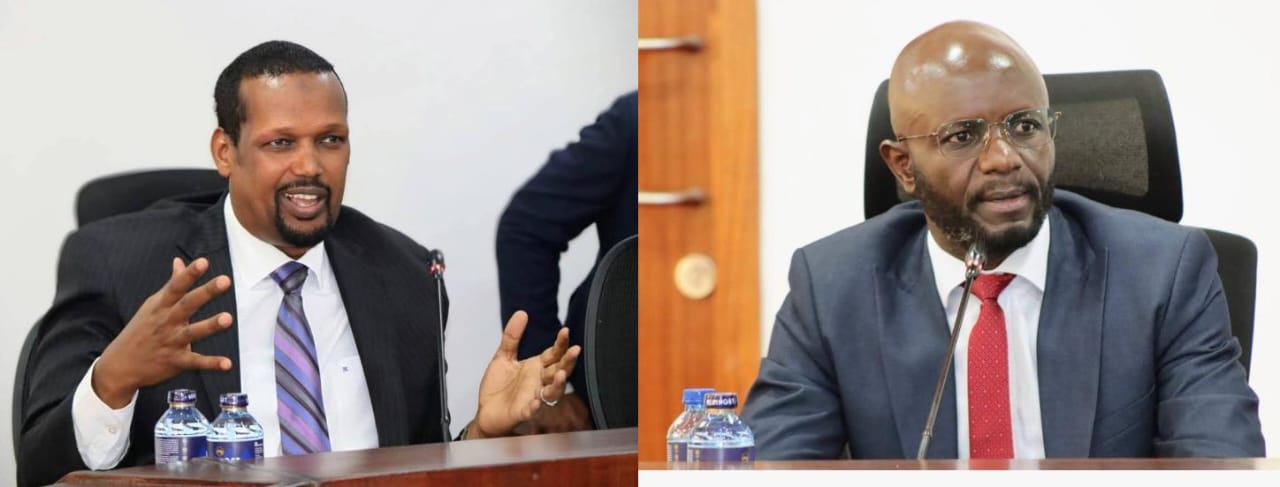
Top 10 counties in generating their own revenue
Own Source revenue collection for July 2024 to March 2025
The National Assembly said the House can only commit to an allocation of Sh410 billion
In Summary

Audio By Vocalize

The standoff between the National Assembly and the Senate over the allocation of an equitable share to counties persisted on Tuesday, as mediation talks on the Division of Revenue Bill, 2025, continue.
Despite ongoing consultations, the two Houses remain sharply divided on how much counties should receive in the upcoming financial year.
While the Senators are pushing for a higher figure, their counterparts from the National Assembly are citing economic constraints.
Alego Usonga MP Samuel Atandi, who co-chairs the talks, reiterated the National Assembly's position, stating that the House can only commit to an allocation of Sh410 billion.
"Out of the Sh2.7 trillion revenue that is projected to be realised in the coming financial year, Sh1.1 trillion will be used to pay interest on debts," Atandi explained.
"I just want to remind you, even as you insist on advancing your figures upwards, you look at the fiscal space left. That is why you realise that from our side, climbing up is very, very difficult."
His Senate co-chair and Mandera senator, Ali Roba, on his part argued that counties have seen minimal increases in revenue share over the years despite growing needs and inflationary pressures.
"There is a bit of goodwill that has been shown by both sides in the reality of the circumstances, and we need to find convergence as quickly as possible," said Roba.
"We should do that within the context of the fact that revenues to county governments have not been growing for the last six years as much. It's only one year when we moved from Sh316 billion to Sh370 billion."
Kakamega Boni Khalwale added that any shortfall in actual revenue collection should be absorbed by the national government, not the counties.
"We want our counties now to take off. We have managed debt. The President has spoken as much that the indicators of a performing economy are on the upward trajectory, and therefore I want to affirm my commitment to the Senate that we remain at Sh427 billion," he said.
"Let the National Assembly listen to us and come up. If they refuse to come up, the Constitution is live. It will speak."
Endebess MP Robert Pukose, supporting a realistic approach, agreed with the principle that counties should not suffer due to revenue shortfalls.
"I agree with Senator Khalwale that once the Division of Revenue is passed and we have a shortfall in revenue, then the national government bears the responsibility, and that means it bears it through the supplementary budget, but the counties will not bear that responsibility," said Pukose.
"But what happens is that if we pass a figure that is unrealistic, we end up with the counties having pending bills because the exchequer is not able to release money to the counties."
Despite the sharp differences, Senators maintained that revenue raised nationally should be shared equitably among the national and county governments as envisaged in the Constitution.
In a slight move toward compromise, the Senate lowered its demand from Sh427 billion to Sh425 billion, while the National Assembly held firm at Sh410 billion.
The mediation committee is expected to consult further and attempt to bridge the gap before reconvening for the next sitting.

Own Source revenue collection for July 2024 to March 2025

Own Source revenue collection for July 2024 to March 2025